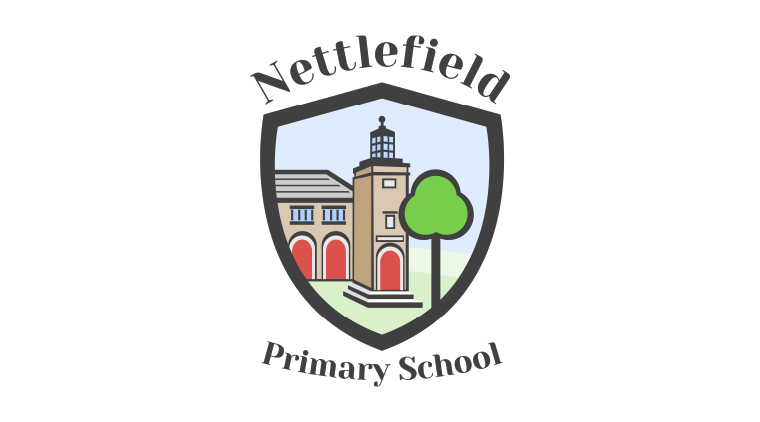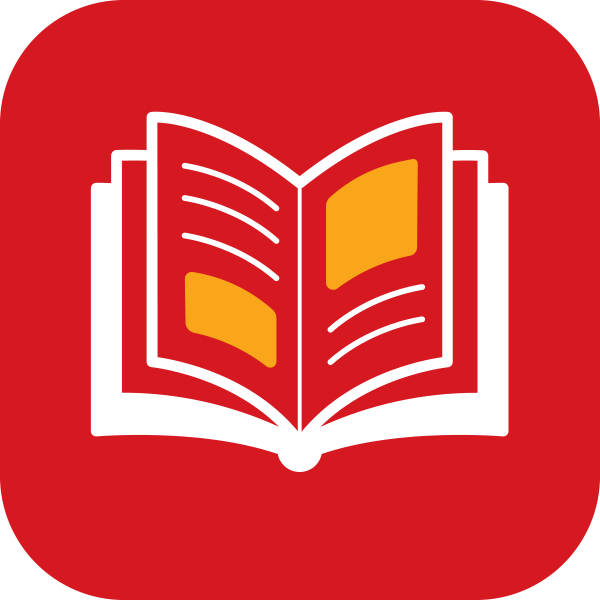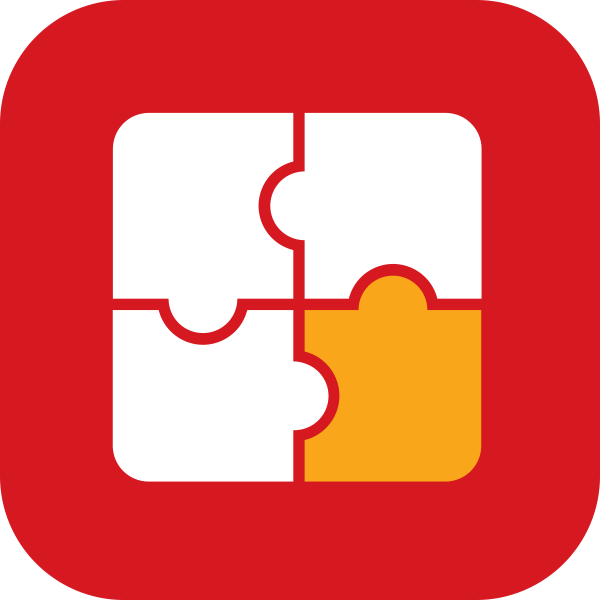Nettlefield Primary School is a 400-pupil school in south east Belfast. It has served the local community for over 85 years. Simon McLean, Principal, explains how formative assessments helped to support their pupils on the return to the classroom following the first national lockdown.
Over the past few years, Nettlefield has found its enrolment profile change as many new families from outside Northern Ireland have moved into the area and enrolled at the school. Normally the families in our community tend to be close knit. However, with the changes that affected us all in 2020 and beyond, many natural support networks and sources of security and confidence were removed – leaving pupils vulnerable, afraid, and worried about many aspects of life, not least their schooling.
During the first period of national lockdown, our teachers successfully charted a path through what was an uncertain and no doubt challenging time, and our focus was to provide meaningful lessons that allowed the process of learning and acquiring knowledge and skills to continue.
After a short summer break, senior leaders had to quickly ascertain the logistical requirements of life with Covid-19. Bubbles had to be adhered to and there was a strict regime of sanitising educational resources for use. Teachers were trying to juggle such changes with the need to assess and empathise with pupils who had returned from nearly six months out of the classroom and the routine of a regular school day.
At Nettlefield, our staff were committed to formative assessment that would indicate a clear direction of travel for the academic recovery curriculum. Children had lots of support and space to rebuild their independence and personal skills with one another inside their class bubble, but there was a concern that teachers would not have anything concrete to enable them to plan for academic support.
The use of digital devices in school has been a game changing approach for Nettlefield. Pupils who came back to school with personal worries and concerns about how they would access the curriculum successfully have engaged readily with GL Assessment’s New Group Reading Test (NGRT), New Group Spelling Test (NGST) and Pupil Attitudes to Self and School (PASS). Each of these tools has been incredibly useful in assisting staff to know more about their pupils and to tailor the recovery curricula to their individual needs. They have been able to gather a baseline that accurately reflects a pupil’s gaps in learning and their concerns for returning to school.
We also believe that when assessments are completed on an iPad they are perceived to be relatively ‘low stakes.’ This does not mean that children are treating the test flippantly, but rather they are less fearful and concerned about the process compared to a paper and pencil approach. Colourful graphics and carefully considered question ‘flow’ allow pupils to enjoy working at their pace whilst the difficulty is gradually increased without them always realising.
We have found that our pupils have anecdotally shared that they ‘enjoyed’ the assessment process. A contributory factor to this would be the gradual rise in difficulty as the NGRT test adapts to meet individual needs. Some of our more aware pupils reported noticing this change in difficulty and also the enjoyment of seeing their challenge develop as they were more successful in the process.
We found that pupils who completed PASS on an iPad, rather than even on a traditional computer, were more honest and reflective in their responses. The ability to be comfortable when completing an assessment significantly helped our EAL pupils, who not only have to navigate cultural and language barriers but have been separated from close family members for an extended period of time.
Digital analysis has also assisted our teaching staff to quickly and effectively incorporate assessment findings into their daily curriculum. We welcomed the Engage funding by the Northern Ireland Department of Education and used this financial support to employ a teacher to provide small group and 1:1 support for children who are showed to be underachieving or would benefit from further support and challenge. These indicators have been flagged through the use of NGRT/NGST and PASS.
GL Assessment provides such a wealth of resources for supporting all children within our school. We now have clear cognitive and emotional profiles that we can use to design schemes of work that will benefit individual and larger groups of children. Snapshots such as these are not the complete solution to discovering a pupil’s ability, but rather the window through which we can see into their experience and find new ways to engage with them.
Nettlefield Primary School is one of our Advocate Partners




